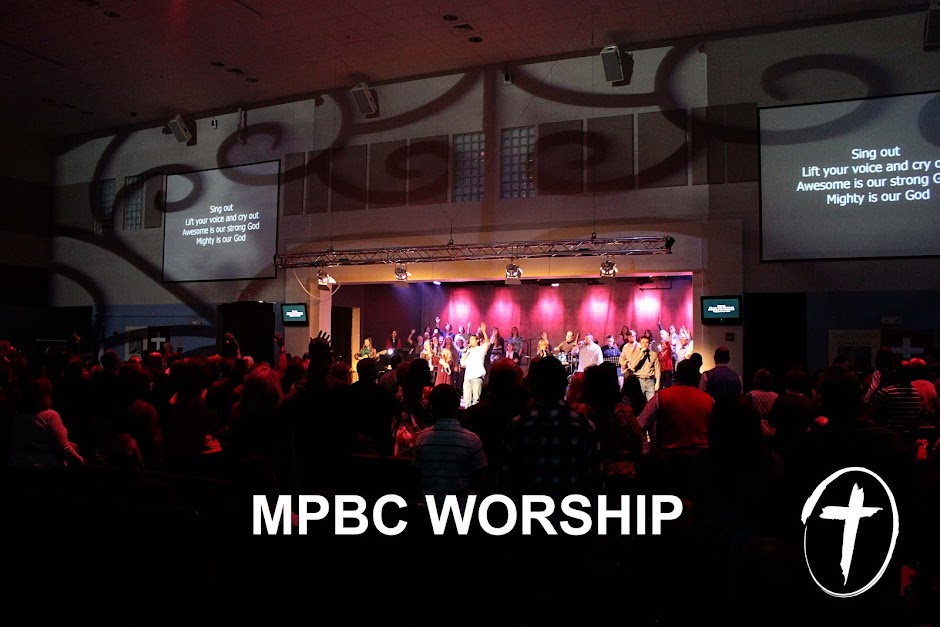 For centuries, the choir has been the main form of musical ensemble within the church. But now that praise teams have moved into the forefront of church music, the question becomes "Do we still need a choir?"
For centuries, the choir has been the main form of musical ensemble within the church. But now that praise teams have moved into the forefront of church music, the question becomes "Do we still need a choir?"I have been serving in churches for over 15 years now and I've always had a choir. The main purpose was to sing a "choir special" each Sunday. A few have also helped lead hymns from the choir loft, but most have not. They were the church "worshipers". They sang while the rest of the church sat back and watched. Well, things have changed over the last 10 years or so, and now we (as worship leaders) are doing our best to encourage the church congregation to participate in worship. And since that has begun we have seen the rise of praise teams and the decline of choirs. But is that the right way to go about leading worship? Should we let choirs die and leave the music to the worship leader and praise team? I say no.
While there is a certain amount of responsibility on the worship leader and praise team to lead, they shouldn't have to carry that burden alone. I believe that a worship choir can be a wonderful addition to the worship ministry at any church and here are my reasons why:
1. A choir can create an energy on the stage that just can't be accomplished by a praise team alone. There is definitely power in numbers and a worship choir can prove that. There is nothing quite like hearing and feeling a stage full of voices singing and worshiping Jesus. When the choir is truly worshiping, you can feel wave after wave of sound that flows from the stage and covers the entire worship center. It's Awesome!
2. A choir can clap (hopefully). So many times the praise team members are too busy holding microphones to clap, but the choir isn't. At our church, many times the choir leads out in the clapping. Most of them even clap on the beat (well, sometimes).
3. You can see the choir member's faces. I know this seems like such a small thing, but it is really important. Part of my face is always covered by a microphone. The praise team members are in the same boat as me. But the congregation can always see the choir member's faces. They can see them smile and they can see their mouths opening to sing. I believe this encourages the congregation to smile and sing as well.
4. It is a great way to involve people into the ministry of the church. Not only does it get them involved, but it also gives them a place where they feel like they belong. Everyone wants to belong somewhere and the choir is a great place for fellowship, discipleship, and growth.
5. It teaches teamwork. It's amazing what a group of singers of differing abilities can do when they work together.
6. It can show the health of the church. In most churches, the choir consists of the most faithful members of the church. When the choir attendance is low, it lets you know that the passion of the church faithful may be waning.
7. It's rewarding. There's nothing like being on stage and looking out and seeing how God is moving in the church. You can't experience that in your pew or seat.
So, I believe there is a place for the choir in modern worship music. Speaking from experience, I really miss them when our choir doesn't sing with us. It's just not the same without them.
Worship Big!
Brad





